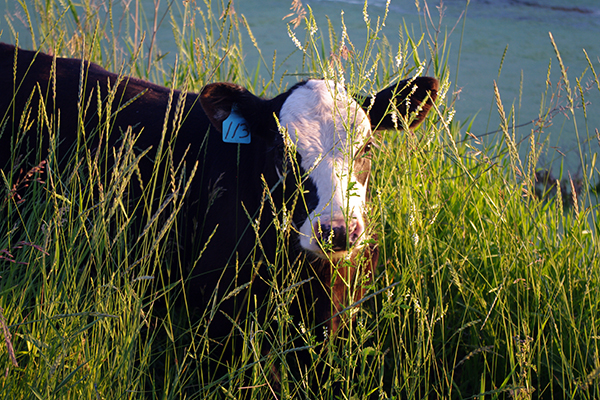Home »

Abattoir operators have say in licensing, food security
Small abattoirs and other stakeholders have provided their ideas about how to improve provincial abattoir licensing and food security in rural communities, through a consultation process led by the Ministry of Agriculture.
The consultation focused on participants’ experiences with the administration, licensing, operations and food safety of Class D and E licensed abattoirs. It also provided an opportunity to discuss ideas about enhancing local slaughter capacity throughout the province, including:
* making the process for licensing easy to understand
* reviewing distances between licensed abattoirs and eligibility for a Class E licence
* reviewing the number of animals that Class D and E licensees are allowed to slaughter
* reviewing the areas Class D licences are available in
* reviewing the restrictions and training for Class D and E licence holders
Input was gathered from current and former Class D and E licence holders, as well as applicants who were denied and those who were approved, but chose not to complete the licensing process. Key stakeholders in the consultation included the BC Association of Abattoirs, BC Cattlemen’s Association, the Small Scale Meat Producers Association, the BC Sheep Federation, as well as regional health authorities.
 Invermere-based Columbia Valley Meat and Sausage Co. owner Grant Kelly (pictured right) said he had his say in the survey.
Invermere-based Columbia Valley Meat and Sausage Co. owner Grant Kelly (pictured right) said he had his say in the survey.
“I had my say in that process in a phone-in and then listened to some of the other speakers. It was very interesting,” he told e-KNOW.
The consultation is part of a review of the province’s rural slaughter capacity that the ministry is undertaking to support B.C. ranchers and livestock producers in rural communities. A summary of the consultation has been provided to the Select Standing Committee on Agriculture, Fish and Food, which has been hosting a broader public consultation on local meat production and inspection, based on the April 2018 discussion paper released by the Minister of Agriculture.
The committee will make recommendations concerning local meat production in B.C. to the Minister of Agriculture by Oct. 1, 2018.
Class D licences are issued in 10 regional districts that have been designated in regulation as rural and remote areas.
Class E licences are available throughout the province, but are subject to a feasibility study to assess slaughter needs.
e-KNOW







